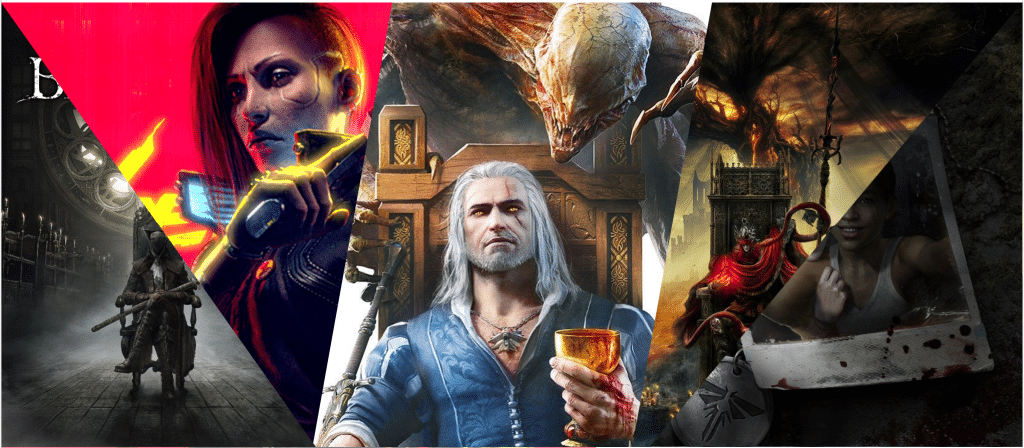Downloadable content, or DLC, for video games has been around since the early 80s in some form or another. But the concept truly came into its own in the 1990s with the Atari 2600 and Sega Genesis. Both systems had the capability to support expansions and mods for their games. But they were usually free, and often created by tech-savvy fans rather than gaming companies.
In 2006, however, Bethesda broke new ground by releasing a $2.50 DLC for Oblivion: armor for the player’s horse. This sparked outrage as players complained about the price for such a small addition. Now, of course, such transactions are common.
Multiplayer DLC and the Loot Box
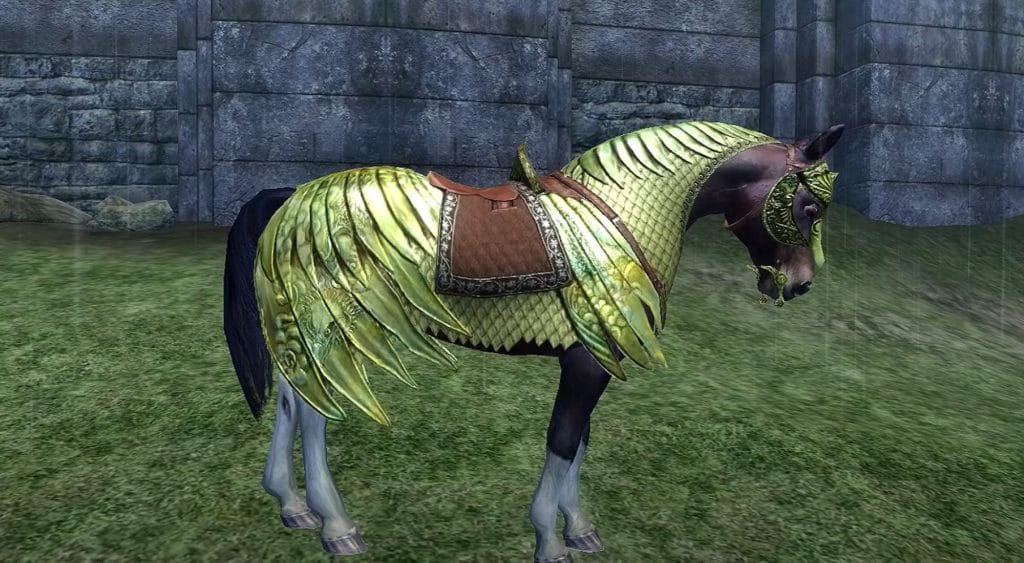
Later in the 2000s, “loot boxes” became a staple of online multiplayer games, first in China and then the U.S.. This introduced the idea of pay-to-win style mechanics in multiplayer games, widening the DLC debate even further. On the one hand, new content was exciting, and provided a monetary incentive for developers to create expansions for beloved franchises.
On the other hand, locking parts of a game behind a paywall left a bad taste in player’s mouths. The price of video games was already increasing, leaving many players without a way to join in using these new features. In the worst of cases, DLC made online games a contest of who could spend the most in real life to win.
Older gamers especially take issue with the continuous increase in the cost and presence of DLC. Younger players have grown up recognizing this as an inherent part of the system, and often have less of a personal financial obligation to keep track of. But the increased presence of in-game purchases still acts as a source of frustration.
Infamously, games like Fortnite with mostly pre-adolescent fanbases encourage constant and expensive investments from players just for new aesthetic upgrades. “Loot Box” mechanics in particular have come under fire in recent years for their exploitative tendency to appear in games that mainly appeal to children.
Story-Based Expansions

But the focus of this article is on a different kind of DLC, one more accepted by the gaming public. That is, expansions to open-world games and RPGS, where the added content is usually large in scope and adds new storylines or characters.
Phantom Liberty
The first example that comes to mind for many nowadays is the Cyberpunk 2077: Phantom Liberty DLC. Phantom Liberty was an enormous expansion for Cyberpunk 2077, one that revitalized interest in the game. It created new mechanics and areas, and added hours and hours of content into the already large title. It came at a time when CD Projekt Red, the developers behind the game, were already putting significant time and effort into updating Cyberpunk 2077, which was buggy and ill-received upon release.
As a result, Phantom Liberty got a ton of attention from the public and acted as part of the game’s redemption arc. It was celebrated by fans and lauded at the game awards, and generally seen as an example of “good DLC.”
But it also cost $20, a substantial investment considering the base game is $60. Paying such a price for an expansion to an existing game would once have been met with severe pushback. But the circumstances of this game in particular and the scope of its added content limited that sort of backlash.

Baldur’s Gate 3
Baldur’s Gate 3, in comparison, releases constant and substantial expansions for no charge. All additions are released as updates to the main game and free to anyone who has it. This choice earned Larian studios massive respect from their audience. Still, it was long thought Larian would release a larger, paid-for expansion in the future, until a recent statement clarified they have no interest in doing so.
This move saw some approval from fans, who see the decision as a commitment to new projects rather than an exploitation of existing ones. It runs counter to the strategy many studios take of milking a project until it runs dry.
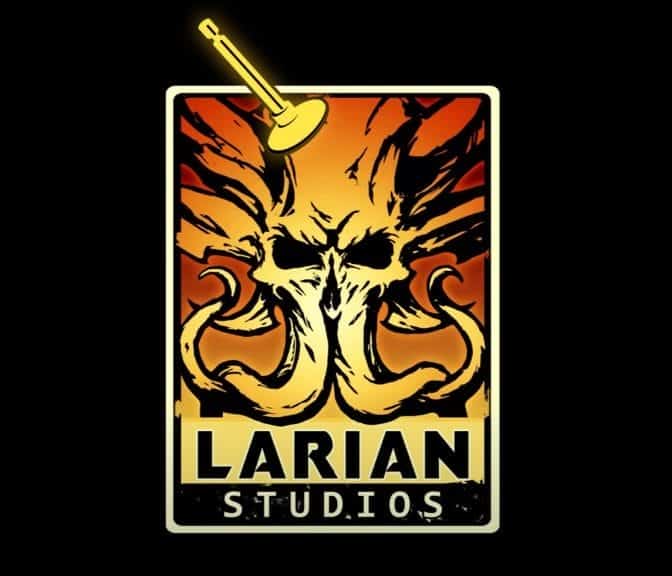
But others express disappointment that the game will receive no further enormous additions. Especially given that Baldur’s Gate 3 adapts the DND 5e tabletop system into video game form, meaning there’s a plethora of existing content that could theoretically fit into the game quite nicely, it seems like there’s more Larian could have added without feeling exploitative of their audience.
But it should be noted that Baldur’s Gate 3 is by no means short of content. It already includes a massive world to explore with countless opportunities for player choice. Larian explained that after years and years of work creating and updating the game, their team is ready too move on to new things, and that the idea of devoting more time to creating a DLC for an existing project doesn’t interest them.
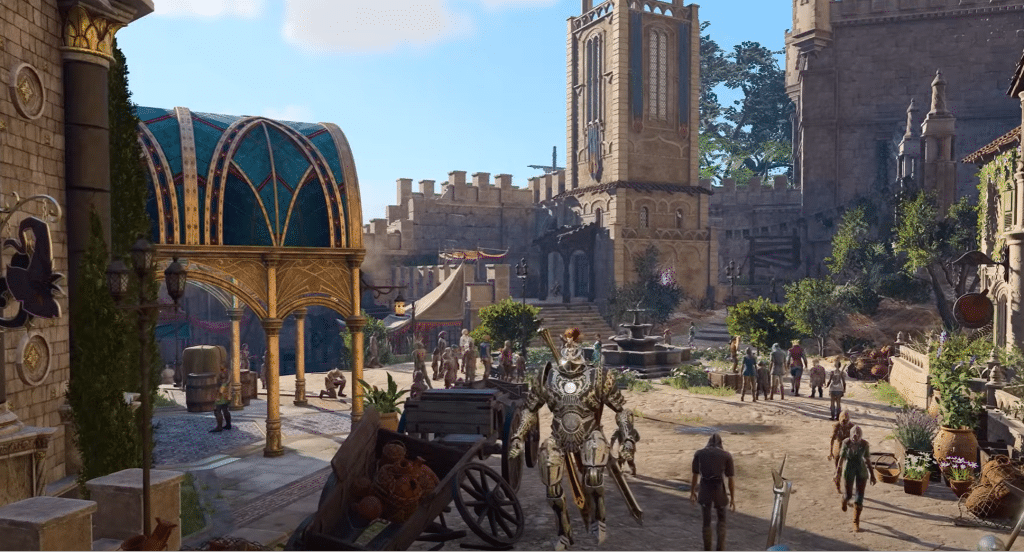
Shadow of the Erdtree
The debate over DLC will surely impact the reception of upcoming projects, including the much-anticipated Shadow of the Erdtree DLC for Elden Ring. This game from FromSoftware and Bandai Namco is something of a spiritual successor to their Dark Souls trilogy, and all three of the games in that franchise are known for their enormous and beloved DLC expansions. With that precedent set, fans eagerly await Shadow of the Erdtree with high expectations.
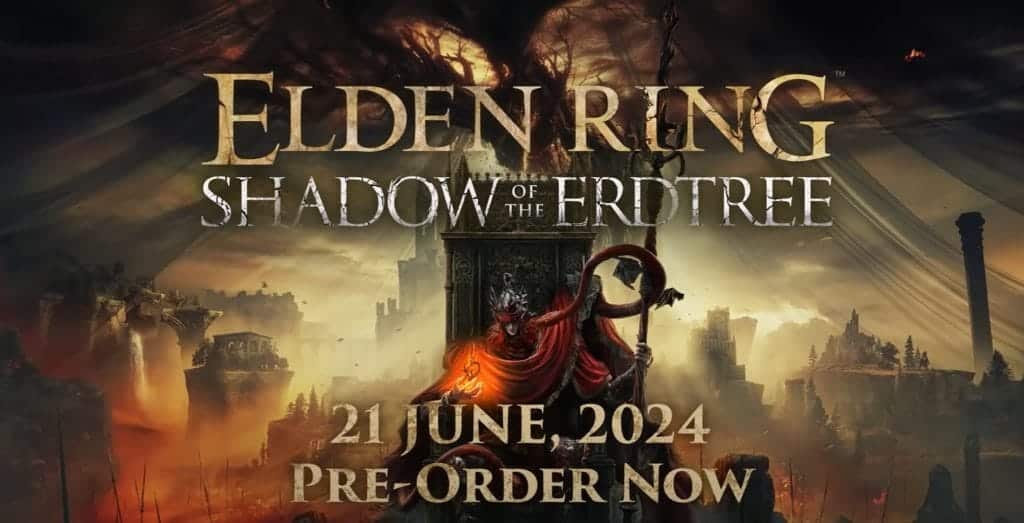
However, the DLC will cost an estimated $40, far more than previous FromSoftware expansions and much more than its contemporaries like Phantom Liberty. Some see this as a good sign, predicting the DLC will be of enormous proportions not seen before. Others notes how the astounding price corresponds with the relative popularity of the base game. It resonates with critics of DLC in general, who see a price like this as exploitative of Elden Ring‘s huge audience.
Undoubtedly, game companies will continue to release costly DLCs. And the cost will only go up as the market for video games itself rises. But with the strong and respected precedent set by Larian Studios of giving out small but free updates continuously after release, it’s possible that some smaller studios will gravitate towards that model.
DLC content will surely face many changes in the following years. It will be fascinating to see how these three monumental games impact those who follow in their footsteps.


